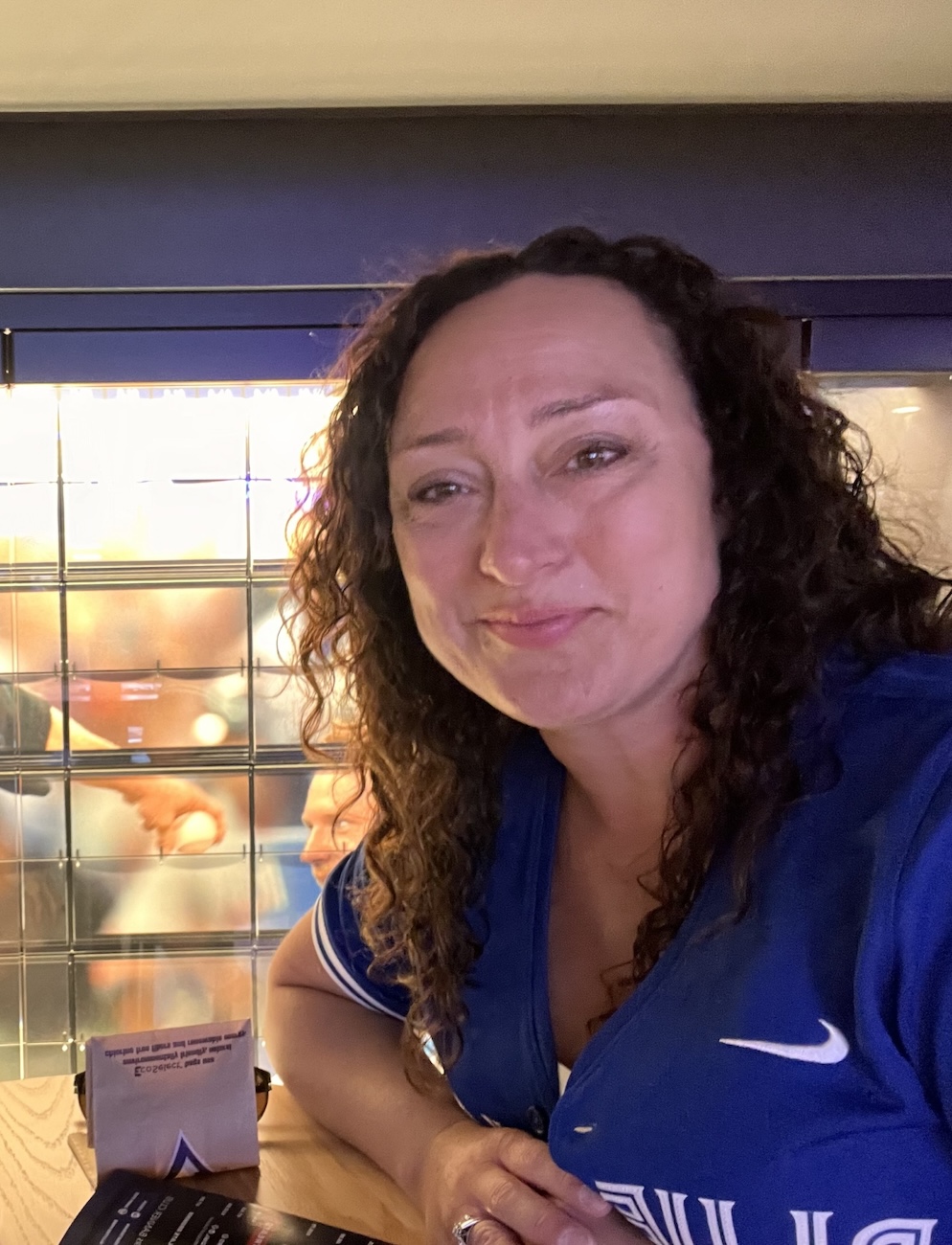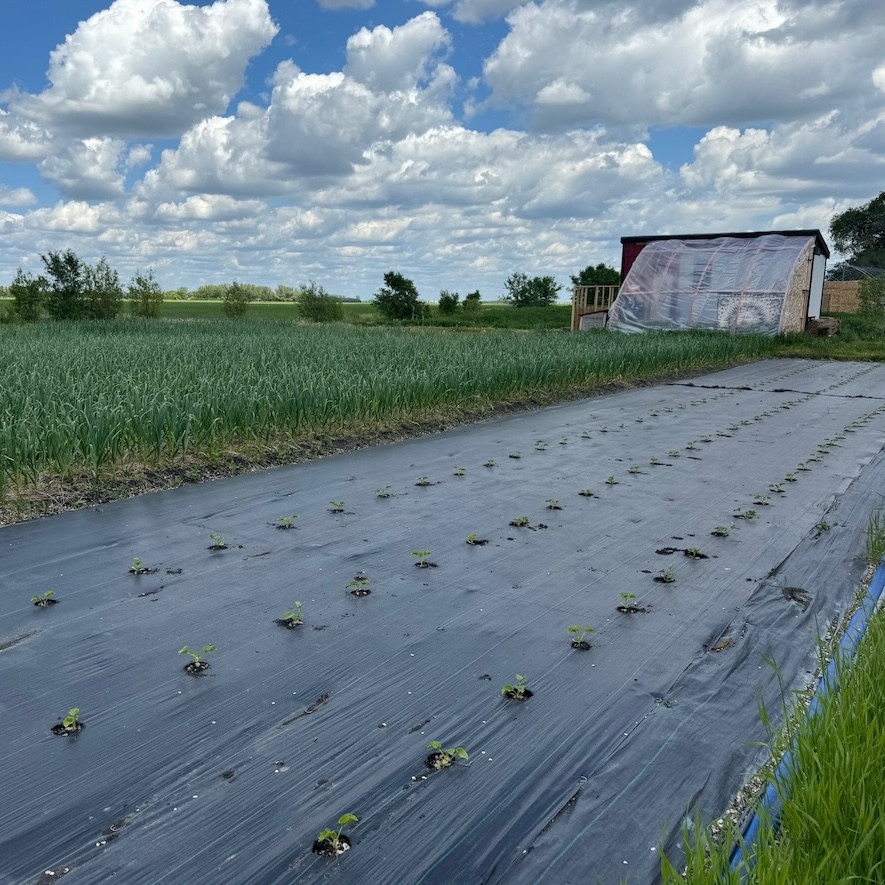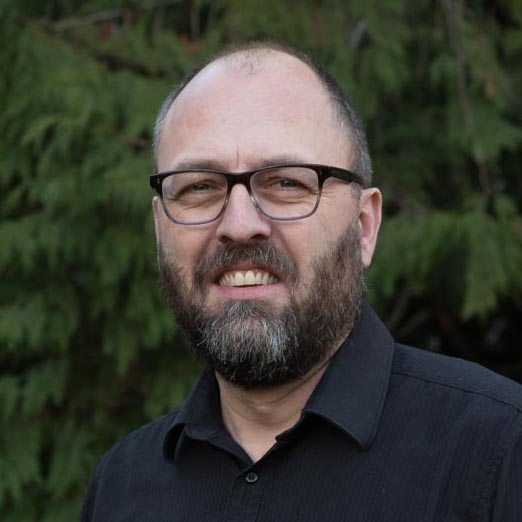Mark Your Calendars!
Join us for the Heartland Baptist Women Spring Retreat 2026 on May 1–3 at the beautiful Elkhorn Resort, Spa & Conference Centre in Onanole, Manitoba!
When God walked with me through the valley of the shadow of death
by Prasanth Jonathan

There are days when God interrupts our lives to remind us that He is still in control. Earlier this year, I stepped into such a valley—a journey that would reveal not only the fragility of my heart, but the unfailing strength of my God.
On the 6th of August, I went to St. Boniface Hospital in Winnipeg for what I believed was a simple, routine angiogram. A month earlier, I had experienced chest pain, so doctors wanted to check if there was any blockage in my heart. My wife and children came with me, and we even had shopping plans for that evening—not knowing God was preparing us for a journey of faith.
We reached the hospital around 9 a.m. I was taken inside, and my family was told to wait in the lobby. The doctor explained the procedure, and soon I was taken into the room where the angiogram began. Everything seemed normal. When it was over, they moved me into the recovery area.
I asked the nurse, “How long will it take to recover? When can I go home?”
She simply replied, “The doctor will come and explain.”
A little later, the doctor came and asked about my family. He called them immediately and asked them to come into the recovery room. Right then, I felt something was terribly wrong.
He sat beside my bed and said words I never expected to hear:
“Jonathan, your life is at severe risk. There is a 7cm aneurysm just below the arch of your aorta. Two layers of the wall are already torn. If the last layer breaks, there will be no time to call an ambulance. Also, your heart valve is leaking. But you are in the right place at the right time.”
We were in complete shock. We felt frozen—we didn’t know what to say or think.
But in that moment of panic—something supernatural happened.
The peace of God filled our hearts. A peace that assured us: Nothing happens without God’s knowledge. If He allows something, He already has a plan to carry us through it.
The doctors then explained that I needed emergency heart surgery to repair the aneurysm and replace the valve. I was shifted to a ward for continuous monitoring and further tests. God provided people to pray for us from near and far. My wife reached out to many believers, and soon Christian friends across the globe were lifting us up in prayer. Our church family at Thompson First Baptist Church surrounded us with love, and constant prayer support. Area Minister Mark Doerksen visited and prayed for us many times. Every prayer strengthened us to face another day.
After further consultations with specialists across Canada, the doctors finalized their plan. Because of the seriousness of the aneurysm, the surgery would need to be done in two steps:
Step 1 — August 15
A bypass procedure in my neck to ensure uninterrupted blood flow to my brain and left arm during the main surgery.
Step 2 — August 20
A highly complex and rare clamshell thoracotomy—opening my chest from side to side to repair the aneurysm and replace the leaking valve.
The medical team explained the risks:
▪ 10% chance of death
▪ High chances of coma or paralysis
▪ Very high possibility of permanent damage to my voice
As a pastor, my voice is one of the main instruments God uses through me—and hearing that shook me. I thought about my wife… my children… my church… But every time uncertainty tried to overwhelm me, God comforted me with His promises:
“Even though I walk through the valley of the shadow of death,
I will fear no evil, for You are with me.” — Psalm 23:4
“When you pass through the waters, I will be with you…
When you walk through the fire, you will not be burned.” — Isaiah 43:2
“I will never leave you nor forsake you.” — Hebrews 13:5
Those Scriptures became my lifeline.
On the morning of August 20th, I was taken into surgery at 8 a.m.
After 13 long hours, the operation was successfully completed.
My heart repaired
My valve replaced
My life preserved
Just 24 hours after surgery, I was taken off the ventilator. By the 22nd morning, I opened my eyes—fully conscious, breathing on my own, and with my voice still strong enough to speak and praise God.
Doctors called it “remarkable.” I call it the healing hand of Jesus.
Recovery was painful. The scar on my chest reminds me of the valley I walked through.
There were moments of uncertainty and tears—but God never left my side.
I remained in the hospital for 42 days. It was a long season of waiting, healing, and learning to depend on God for everything—the big and the small.
Every breath became a testimony.
Every step was a miracle.
Today, I thank God for taking me through this journey—because through it, I experienced His presence and provision in a way I never had before.
When I look back now, I can clearly see how each day of our lives is carefully and wonderfully planned by God. Many times, when we go through trials, we cannot understand what God is doing—the fear, the waiting, the questions… everything feels overwhelming.
But when we look back after the storm has passed, we see His fingerprints over every moment—the protection, the timing, the provision, the people He sent to strengthen us.
The aneurysm could have ruptured at any time, but God held it together.
He revealed it at the right time, in the right hospital, with the right doctors in place.
Now I know without any doubt—
this was God’s perfect plan to heal me and show His glory.
To God be all glory, forever and ever.
The Joy of Getting to Know People
By Mark Doerksen

One of the books that was discussed at a recent book club of Theology for the Ordinary was written by Alastair Sterne, entitled Longing for Joy. Our group appreciated the book for various reasons—one being that the author, who has struggled with depression, was able to bear witness to the road back to health for himself, and also to relate his enhanced anticipation of joy in life.
There are a bunch of short chapters in this book, coming at the topic of joy from different slants each time. He has one chapter on the subject of people, and this chapter could be the highlight of the book for me.
In ministry, of course, we deal with all sorts of people, those who are called saints (KJV 1 Corinthians 1:21) and then go on to embody the sentiment. There are others,
of course, who may well be called saints, but if it were up to us, we might call them something else, something less flattering.
Sterne has some interesting observations about this. He writes that Jean-Paul Satre wrote a play called No Exit, and in the play, there is a line that says, “Hell is other people.” I imagine we all feel that at times, but I hope that is not our experience most of the time.
In fact, in my experience—and I’ve been in my role for 11 years now—I find that the “people aspect” of each congregation is what I find most enjoyable. I am happy to report that in my region, and in the other CBWC regions as well, there are plenty of folks who love Jesus and are interesting simply because they are human. It is a joy for me to discover people and their stories in their contexts. I have met farmers who work hard to feed people and who take Christian stewardship really seriously. I have met veterinarians who care for animals ethically. I have met electricians, pastors, church board members, physicists, Caterpillar salespeople, doctors, teachers, lawyers, homemakers, homeschoolers, machinists, drain cleaners, computer techs, and train porters, to name a few. I have met retired folks, and I have met folks who have never worked and never will for various reasons. I have met folks with illnesses of all sorts, and I’ve been to visit hospitals because I might be meeting someone for the first time or saying my last goodbye, and everything in between.
I’m convinced Christ sustains me in this ministry, and that I continue to experience much joy because of the people that I meet. Humanity is the training ground for joy, Sterne writes, and I’m grateful for the folks I’ve met. If I haven’t met you yet, I look forward to it!
Grace and peace,
Mark
This regional newsletter is published quarterly within the CBWC’s monthly newsletter, Making Connections. Have a story idea? Email our senior writer, Hannah Hamm: hhamm@cbwc.ca.


























